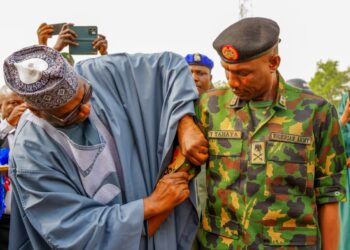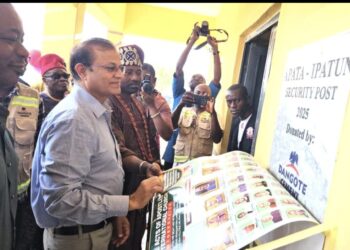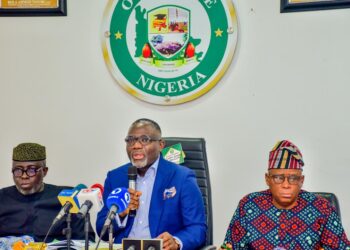The Federal Government has secured fresh convictions of 44 persons for terrorism financing and related offences in Phase 7 of the Kainji Detention Facility terrorism trials.
The number brings to 785 the total number of persons convicted in such cases.
The update was contained in a statement issued in Abuja on Saturday, July 12, 2025 by Mr. Michael Abu, Head of Strategic Communication at the National Counter Terrorism Centre (NCTC) under the Office of the National Security Adviser (ONSA).
According to the statement, 54 individuals were arraigned during this phase, with 44 convicted and 10 cases adjourned across four Federal High Courts, each overseen by a different judge.
The latest convictions reflect Nigeria’s escalated crackdown on violent extremism and terror financing networks, and its commitment to bolstering national security through legal means.
The convicted individuals received prison sentences ranging from 10 to 30 years, all with hard labour, demonstrating the Nigerian judiciary’s resolve to punish and deter terrorism-related crimes.
The trial phase officially commenced on Wednesday, July 9, with an opening ceremony attended by top government officials.
Maj.-Gen. Adamu Laka, National Coordinator of the NCTC, delivered remarks on behalf of National Security Adviser Mallam Nuhu Ribadu.
The Attorney-General of the Federation and Minister of Justice, Lateef Fagbemi, SAN, was represented by Mohammed Babadoko Abubakar, Director of Public Prosecution of the Federation.
Both officials reaffirmed Nigeria’s dedication to pursuing justice through lawful and transparent proceedings.
Abu also gave updates on Phase 6 of the trials, during which 237 cases were heard and 200 convictions secured, with sentences ranging from death penalty and life imprisonment to 70-year prison terms.
Those convicted in previous phases were involved in gruesome attacks on civilians, destruction of religious sites, and the abduction of women and children, particularly in Gina Kara Kai community in Borno State.
The Kainji terrorism trials continue to be a cornerstone of Nigeria’s counter-terrorism strategy, targeting both direct perpetrators and those who fund extremist operations.
(vitalnewsngr.com)





















